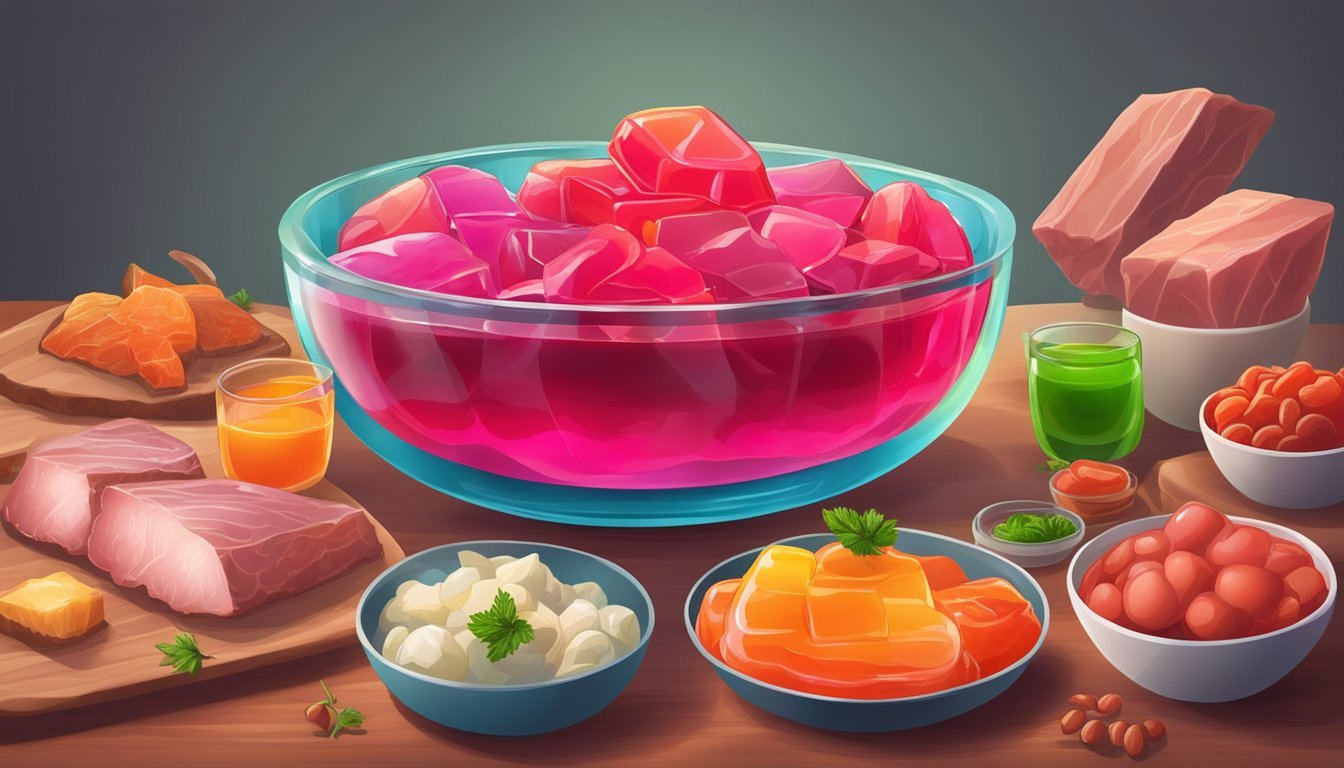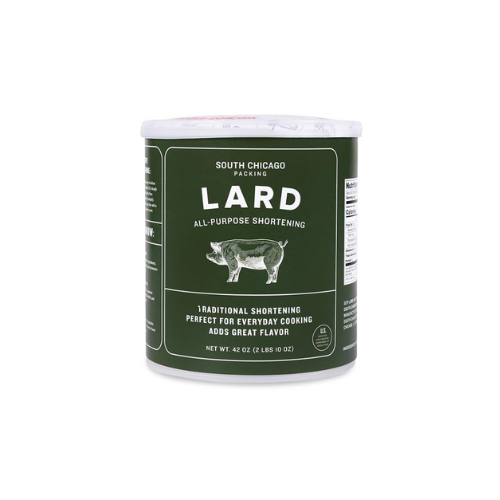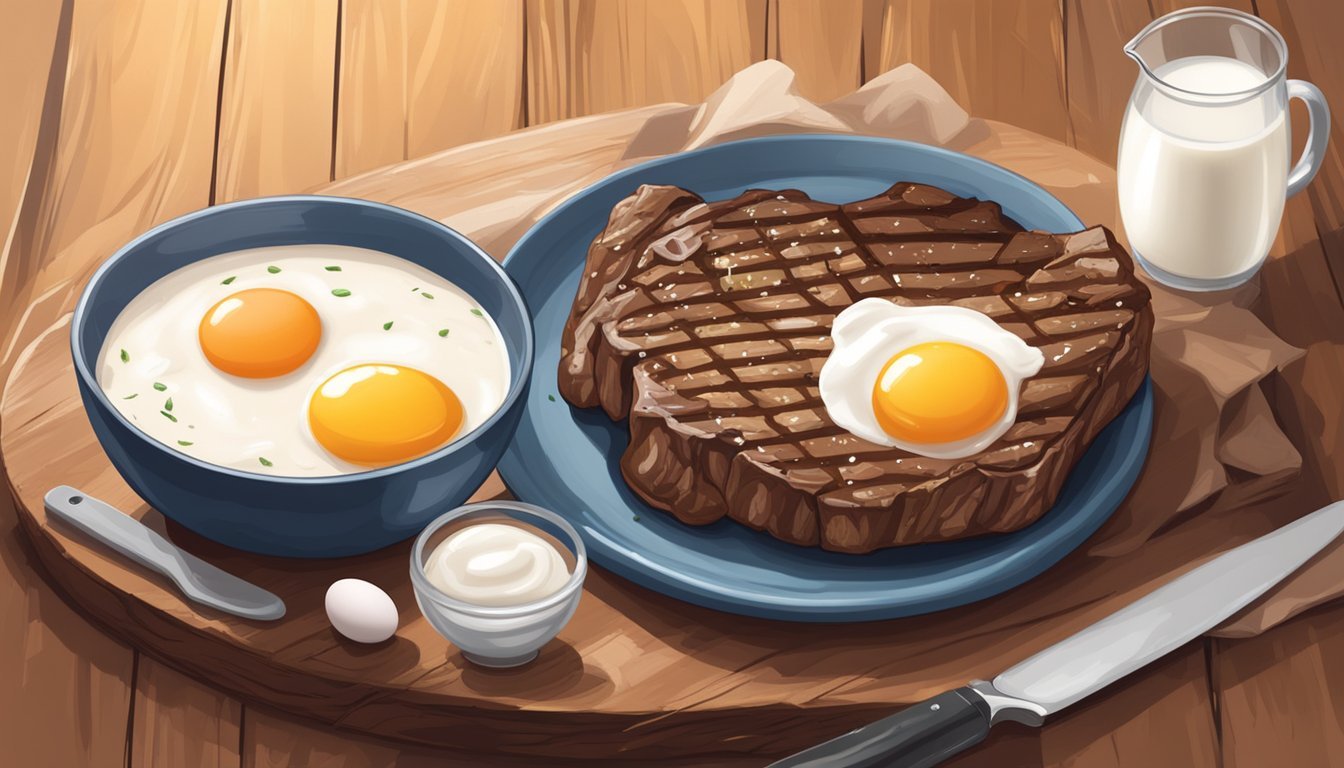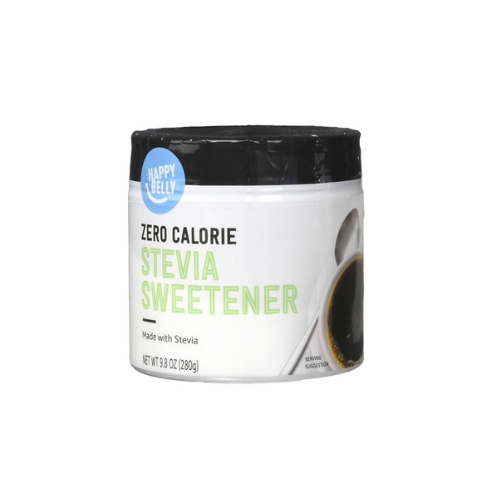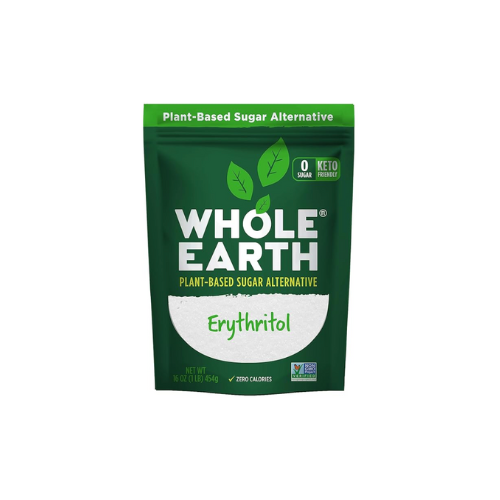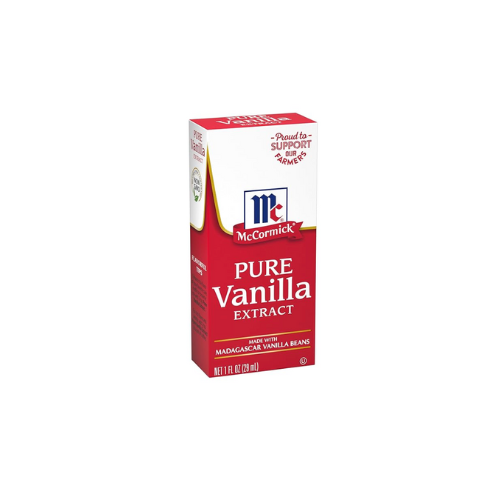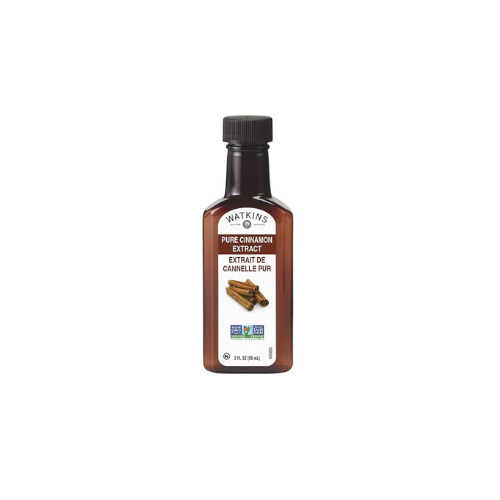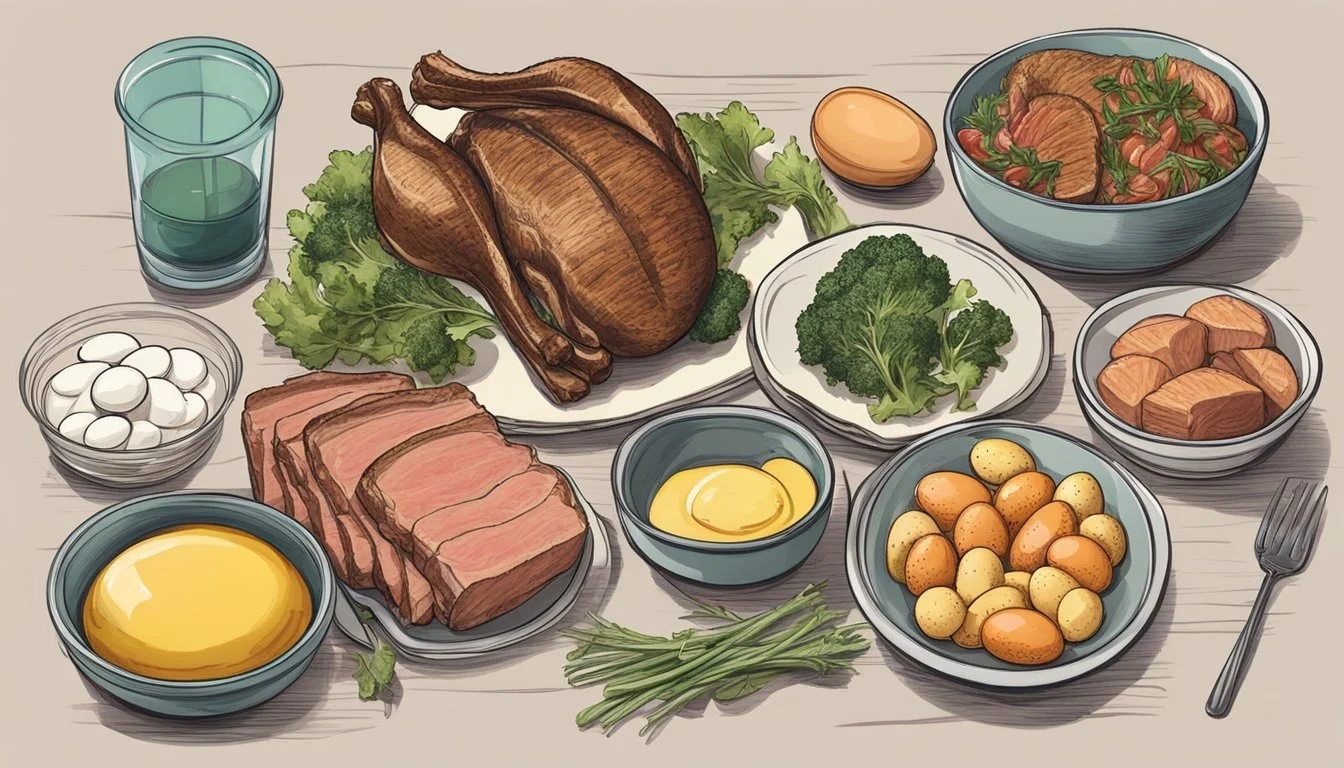Can You Eat Jello on a Carnivore Diet?
Unveiling the Truth
The Carnivore Diet typically restricts consumption to animal products, focusing on meat, fish, eggs, and select dairy products. Consequently, many may assume that sweets and desserts, including jello, are incompatible with such a dietary pattern. However, certain adaptations allow individuals on the Carnivore Diet to enjoy jello, provided that it is made with animal-derived ingredients such as beef gelatin, which aligns with the diet's principles.
Jello on a Carnivore Diet can serve as a source of protein and potentially offer the benefits of gelatin, such as support for skin, hair, and joint health. It is a flexible option that can be tailored to fit the diet's requirements, often enhanced with electrolytes for additional nutritional benefits. While traditional jello recipes incorporate plant-based sweeteners and artificial flavors, Carnivore Diet-friendly versions omit these, focusing instead on simplicity and dietary compliance.
Understanding the Carnivore Diet
The Carnivore Diet strictly focuses on animal-based foods and excludes others to simplify nutritional intake and align with certain health goals.
Principles of the Carnivore Diet
The primary principle of the Carnivore Diet is the consumption exclusively of animal products. This means an individual adopts a diet devoid of plant-based foods. It is a step beyond ketogenic and paleo diets, excluding even fruits and vegetables in favor of a regimen rich in protein and fats. Its proponents argue that this can lead to improvements in digestion and energy levels.
Carnivore Diet Food List
Foods included in the Carnivore Diet are primarily:
Meats: Beef, pork, chicken, lamb, and other meats
Seafood: Fish and shellfish
Eggs: Chicken, duck, quail
Dairy Products: Hard and soft cheeses, butter (in moderation due to lactose content)
Organs: Liver, heart, kidney, and other organ meats for nutrient-dense choices
Processed and cured meats are typically allowed, but individuals are encouraged to choose fresh, high-quality sources of animal proteins and fats whenever possible.
Health Benefits and Considerations
Individuals may choose the Carnivore Diet for various reasons, including potential weight loss, a simplified diet, or the hope of resolving specific health issues. Some report improved satiety and mental clarity due to the high protein and fat content. However, it’s important for individuals to consider the diet’s impact on long-term health. They should ensure they receive all essential nutrients traditionally acquired from plant sources, such as certain vitamins, minerals, and fiber. Consulting with healthcare providers is recommended to tailor the diet to one's individual health needs and goals.
What Can You Eat on the Carnivore Diet?
The carnivore diet is characterized by its exclusive focus on animal-derived foods. This section provides a detailed overview of the food groups that fit within the carnivore diet framework.
Meat and Protein Sources
The cornerstone of the carnivore diet is the consumption of meat and protein sources. Individuals adhering to this diet consume:
Red Meat: includes beef, lamb, venison, and bison. These are considered staples due to their high nutrient content.
Organ Meats: such as liver and kidney, which are nutrient-dense parts of animals.
Poultry: chicken and turkey are acceptable, with a preference for darker, fattier cuts.
Seafood: a variety of fish and other seafood options are included for their omega-3 fatty acids and other vital nutrients.
Bone Broth: made from simmering animal bones, is often consumed for its minerals.
Eggs and Dairy Products
Eggs and certain dairy products provide additional nutrients.
Eggs: highly regarded for their protein and fat content, particularly the egg yolks.
Dairy: options are limited to high-fat foods like cheese and butter. Some individuals may include heavy cream and other high-fat dairy products.
It's important to note that dairy tolerance varies, and some may choose to avoid or limit dairy intake.
Fats and Oils
Adequate fat intake is essential, and the following sources are encouraged:
Animal Fats: such as lard (from pork), tallow (from beef), and duck fat.
Butter: sourced from dairy, is a common fat used for cooking.
Bone Marrow: another fatty substance enjoyed for its flavor and nutrients.
Fish Oils: such as cod liver oil, can be incorporated for omega-3s.
Fats from animal sources are preferred to maintain adherence to the carnivore diet ethos.
Skip the lines and order your lard or tallow online for a stress-free shopping experience!
Incorporating Gelatin into a Carnivore Diet
When considering a carnivore diet, gelatin stands out as a nutrient-rich option derived from animal products, with benefits for joint health and the potential to be included in a variety of recipes.
Gelatin: What Is It and Why Include It?
Gelatin is a protein obtained by boiling skin, tendons, ligaments, and/or bones with water. It is commonly sourced from cows or pigs and is rich in amino acids, the building blocks of proteins. Gelatin's unique amino acid profile, particularly its high content of glycine and proline, supports the maintenance and repair of joints, and promotes overall skin health.
Why include gelatin in a carnivore diet?
Joint Health: Regular consumption can support joint health due to its collagen content.
Protein-Rich: Offers a source of complete protein, which is integral to a carnivore diet.
Carnivore-Friendly: Derived entirely from animal products, fitting the diet's restrictions.
How to Use Gelatin in Carnivore Diet Recipes
Gelatin can be incorporated into the carnivore diet as a versatile ingredient. While one might assume options are limited, carnivore dieters can enjoy gelatin in various forms, which can be homemade or store-bought, provided they are free of non-carnivore diet friendly additives.
Recipes ideas for carnivore diet-approved gelatin desserts:
Electrolyte Jello: By combining gelatin with water and electrolytes, one can create a hydrating and nourishing treat.
Savory Bites: Gelatin can also be baked with meats like sausage, enhancing dishes with a gelatinous texture.
Remember, the key is to use pure gelatin and avoid any sweeteners or additives not approved in the carnivore diet. This ensures adherence to the diet's principles while reaping all the nutritional benefits that gelatin has to offer.
Navigating Desserts on a Carnivore Diet
While traditional desserts are not compatible with a strict carnivore diet, there are ways to satisfy a sweet tooth without introducing plant-based foods. This section discusses how to enjoy desserts within the diet's guidelines.
Carnivore Diet Desserts Overview
Desserts on a carnivore diet are unique because they must exclude typical plant-derived ingredients. However, individuals can explore creative options that align with the diet's all-animal-products ethos. For example, desserts might include eggs, dairy such as heavy cream or butter, and animal-derived sweeteners. Cooking methods are similar to traditional baking, but without the inclusion of flours or sugars from plant sources.
Some carnivore diet dessert recipes include:
Cheesecakes made solely from cream cheese, eggs, and carnivore-approved sweeteners.
Custards or puddings utilizing eggs and cream, with a possible hint of vanilla extract.
Baked goods with pork rinds as a flour substitute that provide a surprisingly satisfying texture.
These carnivore desserts avoid common sugar-laden and carb-rich options in favor of high-fat, protein-rich indulgences that meet the carnivore's nutritional philosophy.
Carnivore-Friendly Sweeteners and Flavors
On a carnivore diet, traditional sweeteners such as sugar and honey are off-limits. However, individuals may choose to include certain non-caloric sweeteners to add a touch of sweetness to their desserts.
Stevia: A zero-calorie natural sweetener, derived from the leaves of the Stevia plant, may be used in moderation.
Erythritol: Another suitable option, erythritol is a sugar alcohol with minimal caloric impact and a low glycemic index.
It's essential to note that while these sweeteners can be used to enhance the taste of carnivore diet desserts, purists might opt to forego them altogether to maintain strict adherence. If included, they should be used sparingly to avoid digestive discomfort and to keep the diet as close to zero-carb as possible. Natural flavors like vanilla and cinnamon may also be incorporated, although they should be considered a deviation from the strictest version of the diet.
For the most extensive selection, I suggest buying stevia, erythritol, vanilla, and cinnamon extract online!
Eating Jello on a Carnivore Diet
Consuming jello can be a feasible option for those adhering to a carnivore diet, provided that the jello is prepared with the right ingredients catering to the dietary restrictions. The carnivore diet typically emphasizes the consumption of animal products and excludes plant-based foods, so jello made with animal-based gelatin aligns with the diet's principles.
Homemade Jello Options
For adherents of the carnivore diet, homemade jello represents a suitable choice, as it allows for complete control over the ingredients. The primary ingredient, beef gelatin, is a form of cooked collagen that comes from the boiling of animal bones and connective tissue and is considered acceptable for the carnivore diet. By preparing jello at home, one can ensure the avoidance of unwanted additives such as thickeners and preservatives. The basic recipe involves dissolving beef gelatin in water, and, if desired for additional flavor, adding natural sweeteners that are not derived from plants.
Basic Carnivore Jello Recipe:
Beef gelatin powder
Water (or bone broth for additional nutrients)
Optional: Electrolyte powder or zero-carb sweeteners like stevia or erythritol
Commercial Jello and Ingredients to Avoid
Commercial jello products often include ingredients that do not comply with the strict requirements of the carnivore diet. Typically, these jello varieties contain artificial sweeteners, which some proponents of the carnivore diet may choose to avoid. Additionally, many store-bought jellos possess thickeners and preservatives that are not suitable for a carnivore diet. It is crucial to scrutinize the ingredient labels for:
Artificial sweeteners (like aspartame or sucralose)
Plant-based thickeners (such as carrageenan or agar)
Preservatives or artificial colors
Those who follow the carnivore diet and wish to include jello should opt for homemade versions, or when considering commercial products, they must ensure the jello is free from non-animal-derived ingredients.
Meal Planning and Recipes
Creating a carnivore diet meal plan requires a focus on high-quality animal proteins and fats, ensuring that all meals are strictly composed of animal products. Recipes should maximize the nutritional benefits of meats, including organ meats, while keeping preparation simple.
Building a Carnivore Diet Meal Plan
A successful carnivore diet meal plan emphasizes a variety of meats and animal products to maintain a balanced intake of protein and fats. Here’s a basic structure for daily meal planning:
Breakfast: High-protein and high-fat meals such as eggs and bacon
Lunch: Rich in protein, options include beef steaks or chicken thighs
Dinner: Focus on fattier cuts or organ meats for nutrient density
One should aim to consume at least some organ meats throughout the week as they are rich in vitamins and minerals that are not as prevalent in muscle meats.
Simple and Nutritious Recipes
For individuals following a carnivore diet, recipes should focus on the intrinsic flavors of the meats being used. Here are a few recipe ideas:
Carnivore Cake: Made with ground beef, eggs, and spices, served with a side of bacon "frosting."
Carnivore Ice Cream: Incorporates raw cream and egg yolks, whipped and frozen for a rich treat.
Carnivore Cheesecake: Utilizes cream cheese, eggs, and a zero-carb sweetener for a simple dessert alternative.
Fats play an important role in these recipes, not only for cooking but also for providing a rich flavor and satiety. Beef tallow, butter, and other animal fats are staple cooking fats in carnivore diet recipes. It's crucial to select high-fat cuts of meat or organs to ensure adequate intake for energy and overall health.

